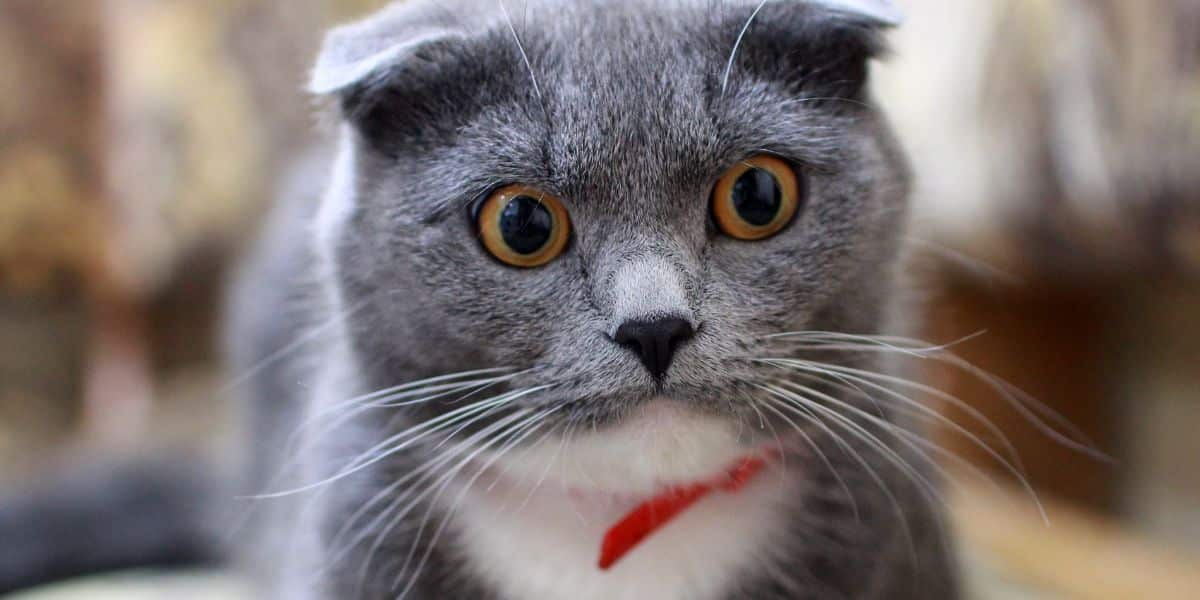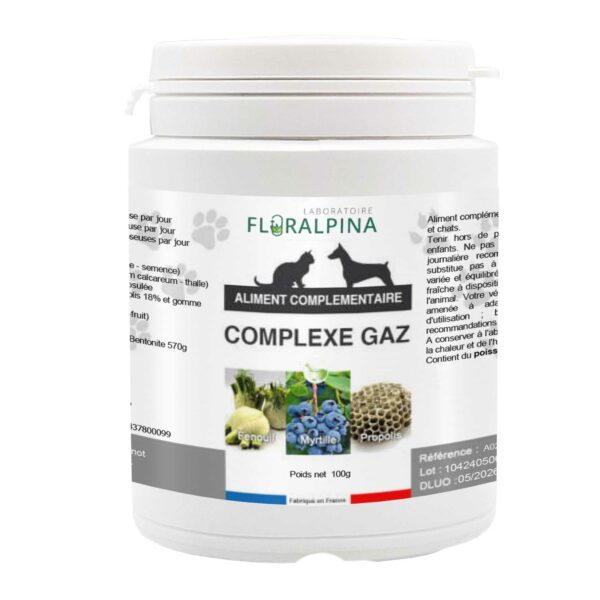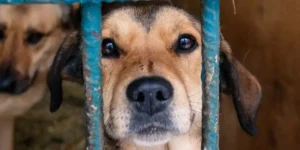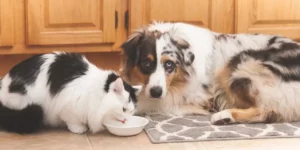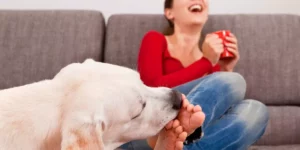Surprisingly, cats too can have flatulence, farts. Although this may seem fun or anecdotal, understanding the reasons why cats fart is essential to ensure their well-being and digestive health. In this article, we will explore the different causes of farts in cats, examine the possible risks associated with this phenomenon and propose solutions to help reduce flatulence. Whether you are a curious owner or have already faced this problem, we invite you to dive into this Gasesque universe !
Table of Contents
ToggleWhy are cats farting, what are the causes?
First of all, you must know that it is quite normal for your cat to fart! Even if this may surprise you, cats also need to evacuate the gases contained in their intestines. In general these petts of cats are inaudible and odourless, but it may happen that sometimes this is not the case. In these situations, there is nothing to worry about. Indeed, your cat could very well have eaten something that has difficulty passing and its transit makes it known to him. On the other hand, if you have noticed that your cat farts much more often than before and that the smell of these flatulences is nauseous and bothers you, then it is interesting to look at the question. Clearly, the multiplication of gas in the cat can hide an underlying problem. To help you identify the factor that drives your cat to pet, here is a list of the main causes of feline flatulence:
- Inappropriate feeding : Some foods can be difficult to digest for cats, resulting in repeated flatulence. For example, foods rich in carbohydrates, fermentable fibres or lactose are often the main culprits. Also make sure to control the amount of food you give your cat, too much could be the cause.
- Food changes : Sudden changes in cat diet, such as moving from one type of food to another or introducing new foods, can disrupt the digestive system and cause flatulence.
- Air Ingestion : Cats that eat quickly or swallow air while eating can ingest extra air, which will lead to flatulence.
- Food tolerances : Some cats are sensitive or intolerant to certain food ingredients, such as wheat, soy or dairy products, which will cause flatulence. Similarly, all croquettes and cat pies are not worth it and it is possible that the ones you give to your poor friend and disrupt his transit.
- Digestive problems : Digestive disorders such as intestinal infections, intestinal parasites, inflammatory bowel disease or food allergies can also cause flatulence in cats.
- Stress and imbalance : Stress and changes in the environment of the cat can also affect its digestive system. A stressed or anxious cat will be more likely to have digestive disorders, including flatulence. Make sure you create a calm and safe environment for your cat, avoiding stressful situations as much as possible.
You may not be able to easily detect the causes of your cat's gas, in this case and if the problem persists, we advise you to go to an animal health professional to make a diagnosis of your cat's health condition in order to quickly determine the cause and be able to act accordingly.
Learn more about flatulence dog Grandma remedies
Do I have to worry if my cat farts frequently?
Generally speaking, a cat that has repeated and smelly gases will be the sign of a disorder and, in addition to the discomfort caused at the moment, these disorders may be dangerous for your cat. Therefore, if you notice that these flatulences are accompanied by other health problems, then it will be imperative to consult a veterinarian as soon as possible. Other health problems that may occur in addition to flatulence include:
- Vomiting,
- Diarrhoea,
- Constipations,
- Loss of appetite,
- Permanent fatigue,
- Abdominal pain,
- Or any other unusual symptom
These signs can be tantamount to serious illness, whether it is liver failure, chronic bowel disease, repeated gastritis or parasitic diseases.
What to do against cats' farts: solutions?
Once again, before considering solutions to your cat's intestinal gas problems, make sure to identify the cause of the problem and consult a health veterinarian if necessary. Once the problem is identified, it will suffice to act on it and the flatulence of your cat should eventually fade away and disappear completely. However, here is a general guide on good practices to be put in place now to limit gases in your animal:
Gas Complex
The Gas Complex for Dog and Cat is a natural herbal product to support the digestive health of your animal and to limit the emission of gases. ✅Regulates stool production ✅Reduces flatulence ✅Improves intestinal comfort ✅Promote digestion Format: 100g Dosing spoon included
- An adapted diet: Cats are felines and are therefore carnivores! That's why we have to make sure that we give them a high quality protein diet. Similarly, digestible ingredients should be preferred and those rich in carbohydrates should be avoided.
- Progressive introduction of novel foods: In case you want to change your cat's diet, you will have to operate gradually. The goal is to ensure that your animal's body gets used to its new diet gradually and so not to rush it. It takes about 10 to 30 days for your cat's digestive system to adapt smoothly.
- Serving Control: As said earlier, be careful not to give too large portions to your cat. Excessive meals can lead to inefficient digestion and increased flatulence. In case you want to reduce the daily intake of your cat, be careful to do so gradually. Otherwise, your cat could be very hungry all day and thus throw itself on its food, engulfing the meal at all speed and causing digestion problems.
- Regular and fixed-hour power supply: Establish a regular food routine with fixed meal schedules. This allows your cat to have regular and predictable digestion, thus reducing the risk of excessive flatulence.
- Supplements and probiotics: Some dietary supplements or probiotics specially formulated for cats can promote better digestion and reduce flatulence. This is the case with our COMPLEXE GAS, a product specially formulated to support digestion in cats.
F.A.Q.
Are cats farting?
Yes, cats too fart! Often these flatulences are inaudible and odourless, but they are there.
Is it normal for my cat to fart a lot?
A cat that farts a lot can be a sign of a major disease or digestive disorder. If these farts are accompanied by a sick smell, you must determine the cause or go to a veterinarian. These nauseating and frequent farts are abnormal and must be treated to ensure the well-being and health of your cat.
Why does a cat have gas?
Cats, and more broadly living beings, naturally produce intestinal gases. Gas production in the digestive system is normal and part of the food digestion process. When we eat, the air can be swallowed, which introduces nitrogen and oxygen into the stomach and intestines. In addition, bacteria in our digestive tract ferment certain types of food, producing gases such as methane, carbon dioxide and hydrogen. Intestinal gases must then be removed from the body, and this usually occurs as flatulence.
How to relieve a cat with gas?
To relieve your cat's flatulence, you need to determine what causes it. Sometimes it will be an inappropriate diet, too fast, or stress due to environmental change, for example. In some cases, it may be interesting to give your cat food supplements to help him regulate his transit. In this case, vegetable charcoal or our COMPLEXE GAS are good options.


